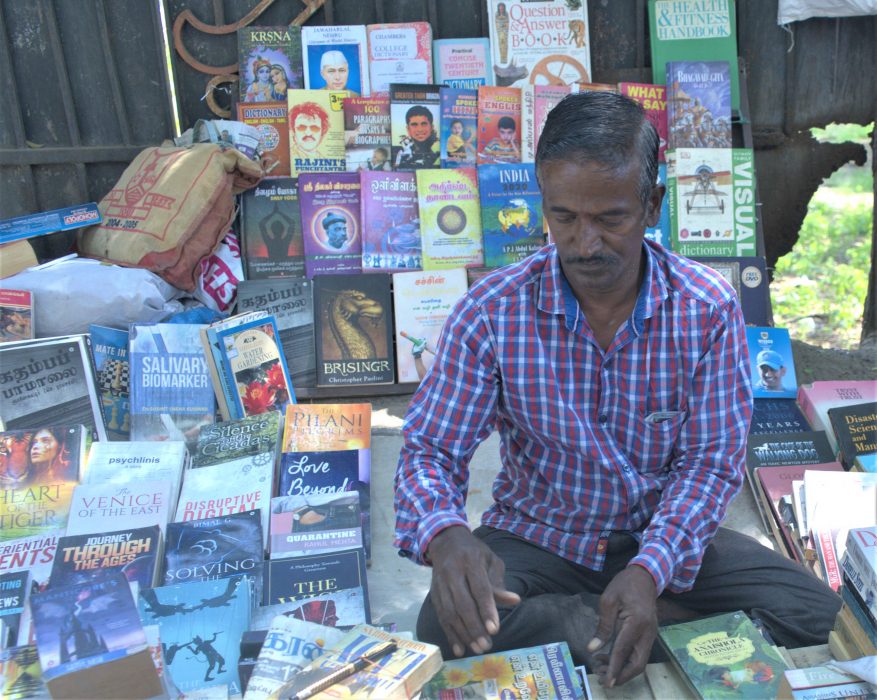In a rapidly digitizing country, Digital Financial Services (DFS) and fintech companies hold the promise of bringing financial inclusion to the last mile. Ensuring that vulnerable and marginalized groups have access to digital finance, can substantially reduce the time spent on getting cash as well as the risks associated with holding it, and it can facilitate their inclusion in formal financial services, unlocking access to a number of financial products including credit, savings, insurance, and pension. However, several challenges need to be overcome to ensure that these efforts reach the marginalized, and prevent further exclusion.
This article provides an overview of the policy environment regulating digital finance in India as well as presents high-level statistics on the level of digitization across population segments in the country. It then moves on to describe the digital readiness, current usage of digital financial services, and specific issues and solutions for three vulnerable and marginalized groups with high digitization potential: women, micro-entrepreneurs, and domestic migrants. This is complemented by insights drawn from LEAD at Krea University’s primary research on these topics. The article provides recommendations to accelerate the penetration of digital financial services while pushing for developing customised digital financial services that address the unique needs of vulnerable groups.





